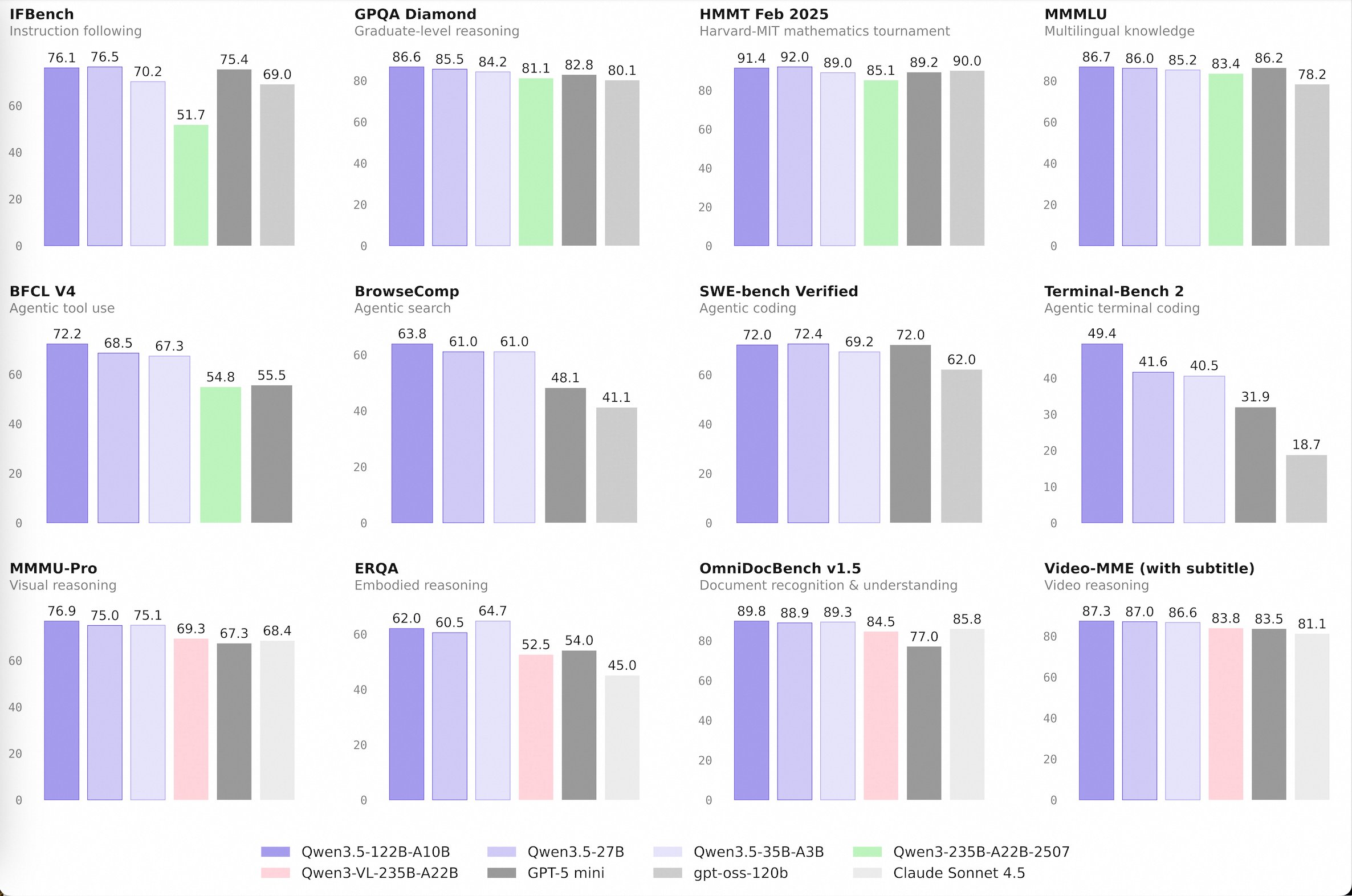Read full article about: Andrej Karpathy says programming is "unrecognizable" now that AI agents actually work
Andrej Karpathy, former AI developer at Tesla and OpenAI, says programming with AI agents has changed fundamentally over the past two months. According to Karpathy, AI agents barely worked before December 2026, but since then they've become reliable, thanks to higher model quality and the ability to stay on task for longer stretches.
As an example, he describes how an AI agent independently built a video analysis dashboard over a weekend: he typed the task in plain English, the agent worked for 30 minutes, solved problems on its own, and delivered a finished result. Three months ago, that would have been an entire weekend project, Karpathy says.
As a result, programming is becoming unrecognizable. You’re not typing computer code into an editor like the way things were since computers were invented, that era is over. You're spinning up AI agents, giving them tasks *in English* and managing and reviewing their work in parallel.
Karpathy via X
Karpathy also points out that these systems aren't perfect and still need human "high-level direction, judgement, taste, oversight, iteration, and hints and ideas." What makes his take especially notable is how recently he held the opposite view. As late as October 2025, he called the hype around AI agents exaggerated, saying the products were far from ready for real-world use. He fundamentally changed that opinion after the release of Opus 4.5 and Codex 5.2 in the winter and is now doubling down on it.


